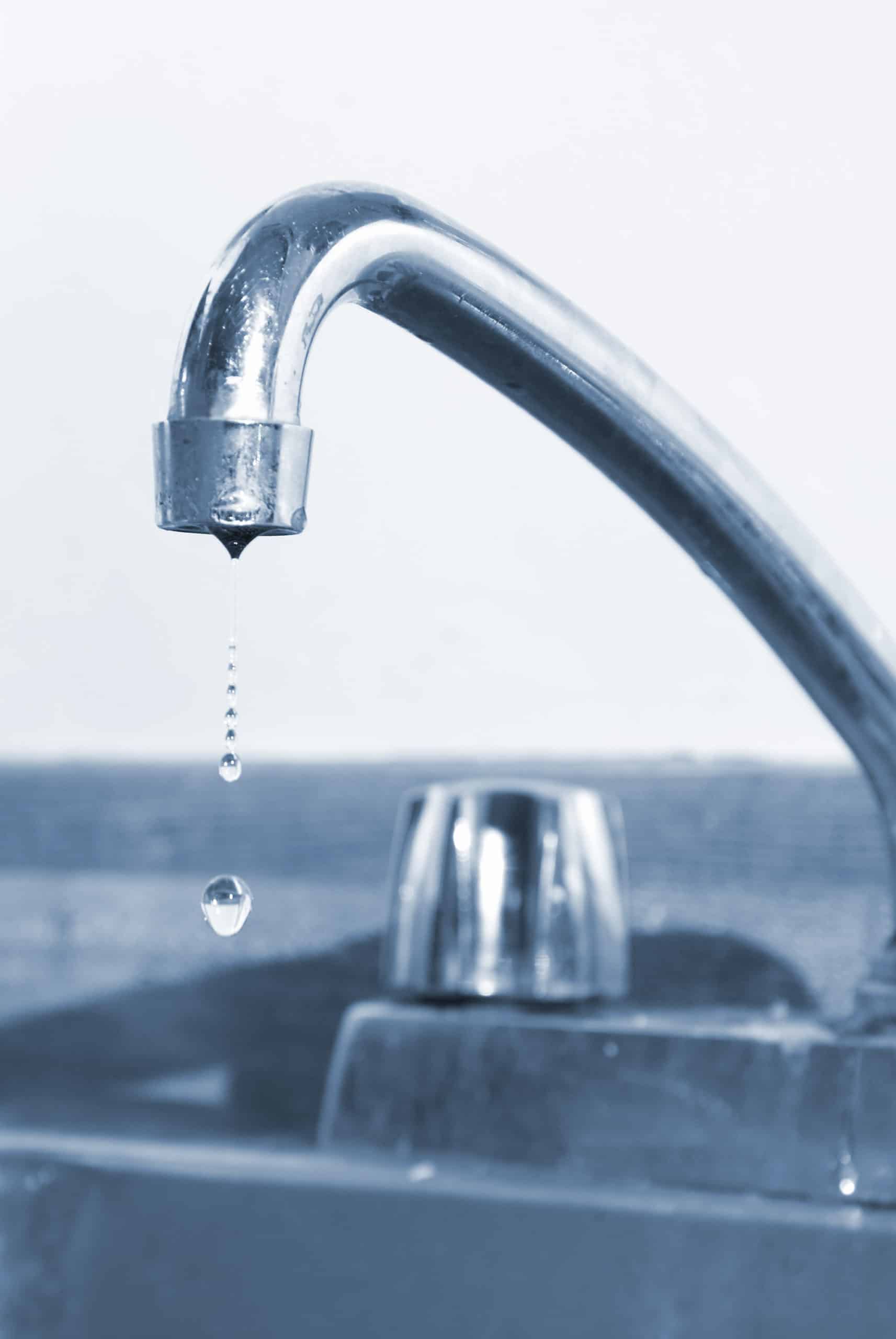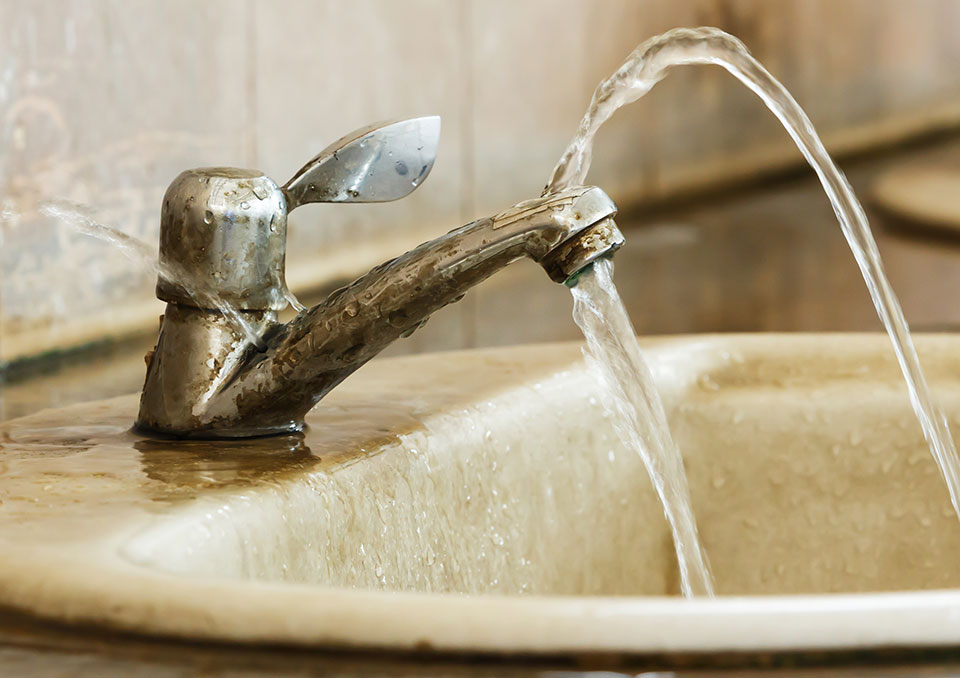Which It's Crucial to Mend a Leaking Faucet
Which It's Crucial to Mend a Leaking Faucet
Blog Article
What're your opinions with regards to 4 Common Reasons for a Leaky Faucet?

Dripping faucets could look like a minor inconvenience, yet their influence exceeds simply the annoyance of the audio. From drainage to incurring unnecessary monetary expenses and wellness threats, disregarding a dripping tap can bring about different repercussions. In this write-up, we'll explore why it's critical to address this usual house problem without delay and properly.
Wastefulness of Water
Environmental Impact
Dripping faucets contribute substantially to water wastefulness. According to the Environmental Protection Agency (EPA), a single tap trickling at one drip per secondly can squander greater than 3,000 gallons of water each year. This not only stress water resources yet also impacts environments and wild animals depending on them.
Financial Costs
Boosted Water Bills
Past the environmental effect, leaking taps can blow up water expenses significantly. The gathered wastage in time equates right into higher utility expenses, which can have been stayed clear of with prompt fixings.
Prospective Property Damage
Additionally, extended trickling can cause harm to components and surface areas bordering the tap. Water accumulation can create discoloration, deterioration, and even structural problems if left unattended, causing additional repair service expenses.
Health Issues
Mold And Mildew and Mold Growth
The consistent visibility of dampness from a leaking tap creates a suitable environment for mold and mold growth. These fungis not just endanger indoor air high quality yet additionally pose health risks, especially for individuals with respiratory problems or allergic reactions.
Waterborne Illness
Stationary water in leaking faucets can become a breeding place for bacteria and other pathogens, raising the threat of waterborne illness. Contaminants such as Legionella microorganisms prosper in stagnant water, potentially resulting in significant ailments when consumed or breathed in.
Do it yourself vs. Specialist Fixing
Pros and Cons of Do It Yourself Repair Work
While some might try to fix a leaking tap themselves, do it yourself fixings come with their own collection of challenges. Without appropriate knowledge and devices, DIY efforts can exacerbate the issue or bring about incomplete repair services, lengthening the trouble.
Benefits of Working With a Specialist Plumber
Working with a professional plumber makes sure that the underlying cause of the dripping tap is addressed efficiently. Plumbing professionals have the proficiency and tools to diagnose and fix faucet concerns successfully, conserving time and reducing the danger of more damage.
Step-by-Step Guide to Fixing a Dripping Tap
Tools Required
Before trying to deal with a leaking faucet, gather the necessary devices, consisting of an adjustable wrench, screwdrivers, replacement parts (such as washers or cartridges), and plumber's tape.
Common Tap Issues and Their Solutions
Identify the sort of tap and the specific problem causing the drip. Typical troubles include worn-out washing machines, corroded shutoff seats, or malfunctioning O-rings. Refer to manufacturer instructions or on the internet tutorials for step-by-step guidance on repair work.
Safety nets
Regular Maintenance Tips
To stop dripping taps, carry out regular maintenance such as cleansing aerators, evaluating for leakages, and replacing damaged components quickly. Furthermore, take into consideration setting up water-saving devices or upgrading to a lot more reliable components.
Significance of Prompt Services
Dealing with leaking taps as quickly as they're seen avoids further water wastefulness and potential damages, ultimately saving both water and money in the future.
Impact on Residential Property Worth
Assumption of Well-Maintained Property
Keeping a property in good condition, including addressing upkeep problems like dripping taps, boosts its perceived worth and worth amongst possible buyers or occupants.
Influence on Resale Value
Qualities with well-kept plumbing components, including faucets, command higher resale worths in the real estate market. Dealing with leaking taps can contribute to a positive impression during residential or commercial property examinations and settlements.
Ecological Obligation
Private Payment to Conservation
Taking obligation for taking care of dripping faucets aligns with wider initiatives towards water conservation and ecological sustainability. Every person's actions collectively make a substantial impact on preserving valuable resources.
Sustainable Living Practices
By focusing on timely fixings and embracing water-saving practices, people add to lasting living practices that benefit both existing and future generations.
Conclusion
Dealing with a leaking faucet surpasses plain comfort; it's an important action towards preserving water, decreasing financial expenses, and securing health and residential or commercial property. Whether through do it yourself fixings or specialist assistance, doing something about it to deal with dripping faucets is a small yet impactful means to promote accountable stewardship of sources and add to a healthier, a lot more lasting future.
How to Fix a Leaky Faucet: Step-by-Step Repair Guide
A leaky faucet may seem like a simple annoyance, but if it's not fixed promptly, that leak could cost hundreds to potentially thousands. From water damage to mold, mildew, and high water bills, even a tiny leak can be catastrophic if left unattended. Damage like this can even affect the overall value of your home, so it's important to take the right approach for leaky faucet repair. You may need the help of a plumber in some cases, but we've got a few tips you can try on how to fix a leaky faucet before calling the pros.
Four Faucet Types
When you're learning how to fix a leaky faucet, the first step is knowing what kind of faucet you're working with! There are four common types.
Cartridge Faucets
Cartridge faucets come in one- or two-handled varieties. In one-handled cartridge faucets, hot and cold water combines in a single cartridge. In the two-handled versions, hot and cold water are controlled separately and mixed in the faucet.
Ball Faucets
Ball faucets have a single lever you push up and down to adjust the pressure and rotate to change the temperature. A slotted metal ball controls the amount of water allowed into the spout.
Compression Washer Faucets
They're the oldest type of faucet, but they're still used in many homes — especially older ones. Compression faucets have two separate handles that, when turned, raise or lower the washer that seals a water valve. This valve stops water from flowing through the faucet when it is turned off.
Disc Faucets
Disc faucets rarely need to be repaired due to their maintenance-free design. The water flow is controlled by two discs — the upper one raises and lowers against a fixed lower disc, creating a watertight seal. If your disc faucet starts leaking, you may need to replace the seals or clean residue buildup from the inlets.
Fixing a Leaky Faucet
Step 1: Turn Off the Water
Whether you're learning how to fix a leaky bathtub faucet or how to fix a leaky kitchen faucet, always turn off the water supply to your working area when you're fixing a leak. The last thing you want is a flood added to your list of things to fix.
Look for the shutoff valves below your sink or around the tub and turn them clockwise to stop the water flow. If your faucet doesn't have shutoff valves, you may need to turn off the water for the whole house. Check to make sure it's off by turning the faucet on. If nothing comes out, you're ready to start the repair.
Step 2: Take Apart the Faucet
How you disassemble your faucet depends on the type of fixture you have. You can use a flathead screwdriver to remove the caps on top of the handle or handles for cartridge and compression faucets. Inside, you should see handle screws. Unscrew these with a screwdriver to remove the handle.
Disc- and ball-style faucets will typically have an inlet screw near the handle, and removing that will reveal the interior of the faucet.
Detach the Valve Stem
For cartridge- and compression-style faucets, you'll see the inner valve stem or cartridge once you remove the faucet handles. If you have a compression faucet, unscrew the brass valve stem. If you have a cartridge faucet, pull out the cartridge. If your cartridge has been in place for a while, it may require some tools or extra force to remove it due to mineral deposits.
Examine and Replace Parts
Once you've removed the parts, check them out to confirm what needs to be replaced. You may see corroded rubber washers, O-rings, stems, or cartridges. On a ball-style faucet, check the seats and springs for damage.
If you need to repair a leaky disc faucet, check the inlet and seals on the lower disc.
Once you determine what parts must be replaced, visit your local hardware store. Bring the damaged parts with you to ensure you can purchase the correct components to replace them.
Clean Valves and Faucet Cavity
If you've removed a stem or cartridge, you may notice mineral buildup in the faucet's threads. Use white vinegar to clean the valve seat by soaking it for a few minutes, then scrub it away with a soft toothbrush and rinse with warm water. You can also clean the interior of the faucet in the same way.
Reassemble the Faucet
Once your faucet is cleaned and the required parts have been replaced, it's time to reassemble it. Put the pieces back together and slowly turn the water supply back on. Doing this slowly is crucial because too much initial water pressure can damage the new hardware you've just installed.
https://homewarranty.firstam.com/blog/how-to-fix-leaky-faucet

I am just very curious about Should I Repair or Replace a Leaky Faucet? and I am hoping you liked our piece. You should pause to distribute this entry if you enjoyed reading it. We truly appreciate your readership.
Report this page